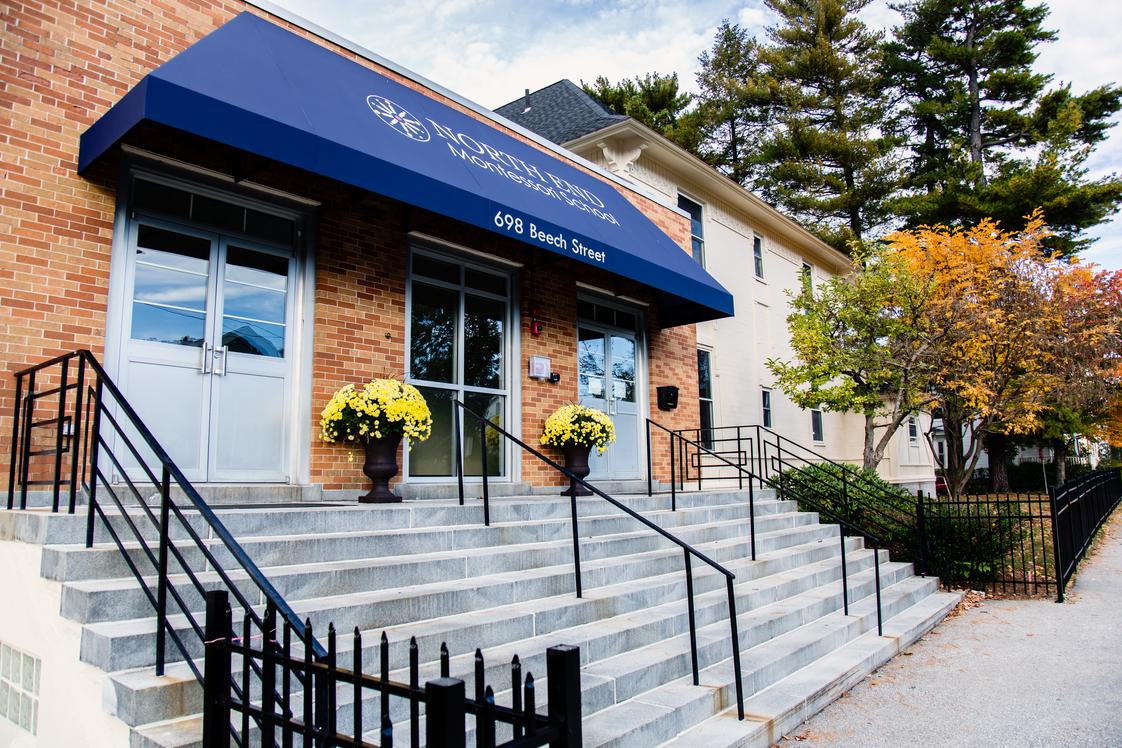The Montessori approach to early childhood education is famous for its child-centered philosophy which encourages independence, creativity as well as a love of learning. This comprehensive guide examines the benefits of Montessori daycare, Montessori Kindergarten, Montessori Preschool, as well as Montessori Elementary School could bring to children’s development.
Montessori Daycare Inspiring independence right from the beginning
Montessori Daycare Programs are created in order to encourage confidence in self-confidence and independence among children who are the youngest learners. These programs provide a secure, stimulating environment where children as old as toddlers and infants can play and learn at their own pace. The Montessori classroom contains age-appropriate materials that encourage motor skill development as well as sensory exploration.

Teachers at Montessori daycares serve as facilitators, not traditional teachers. They help children navigate their learning process. This approach helps to build critical thinking skills and encourages an autonomy in children. Activities such as pouring beans, pouring water, as well as buttoning clothes are common in Montessori daycare, all aimed at enhancing fine motor skills and practical ability to live.
Montessori Kindergarten: Foundations for Lifelong Learning
As children begin transitioning to Montessori kindergarten, their focus shifts slightly to include more structured academic learning however, they are still encouraged to be independent and self-directed play. The Montessori kindergarten curriculum is varied and rich that includes math, language, cultural studies, as well as practical life skills.
A mixed-age class is considered to be one of the key elements of Montessori Kindergarten. Children from all ages learn together. This allows older children to teach younger children concepts while they help them to build on their own knowledge. This dynamic of peer learning encourages social skills as in fostering a sense of community within the classroom.
In Montessori kindergarten it is a hands-on learning environment that often involves real-world applications. Math, for instance is taught using manipulatives such as beads and rods that help children understand abstract concepts through physical interaction. The use of story telling, phonetic exercises and writing exercises are all used to boost language development.
Montessori Preschool: Fostering Curiosity and Exploration
Montessori preschools are founded on the basic principles of daycare and Kindergarten. They are focused on exploring, curiosity, and a love of learning. Preschools are designed to be interactive as well as educational and enjoyable. It includes materials and activities tailored to the age range between 3 and 6 years olds.
In the Montessori preschool children are free to choose their activities and work at their own pace. This autonomy helps develop an intrinsic drive and the sense of responsibility in their own learning. The preschool program is comprised of math, language, and cultural studies, along with real-life activities.
Montessori education is built on the practical skills of life like cleaning, gardening and cooking. These activities are designed to help children learn life skills as they enhance their coordination, concentration as well as independence and other essential skills. Sensory activities are designed to enhance cognitive development and develop the five senses.
Montessori Elementary School: Preparing students for Academic Success and Beyond
Montessori elementary school is a continuation of the philosophy of child centered education with an increased focus on academic subjects while fostering the whole child. The curriculum is integrated into the other areas of studies, so that students understand how they are interconnected.
The students in an elementary Montessori school participate in extensive research, collaboration learning and hands-on exploration. The classroom fosters critical thinking with materials suitable for everyone’s interests and capabilities.
One of the most distinctive aspects of Montessori’s elementary education is its focus on “cosmic learning,” which helps students to understand their place in the world, and the interconnectedness between all things. This method helps develop a sense of responsibility towards the environment and other people helping students become aware, knowledgeable global citizens. Visit Montessori Elementary School
Conclusion: The Montessori method, which includes the daycare program and elementary school is a unique approach to encourage a child’s development. Montessori education gives children the necessary tools and the mindset to ensure success in life by fostering confidence, curiosity and a desire to learn.